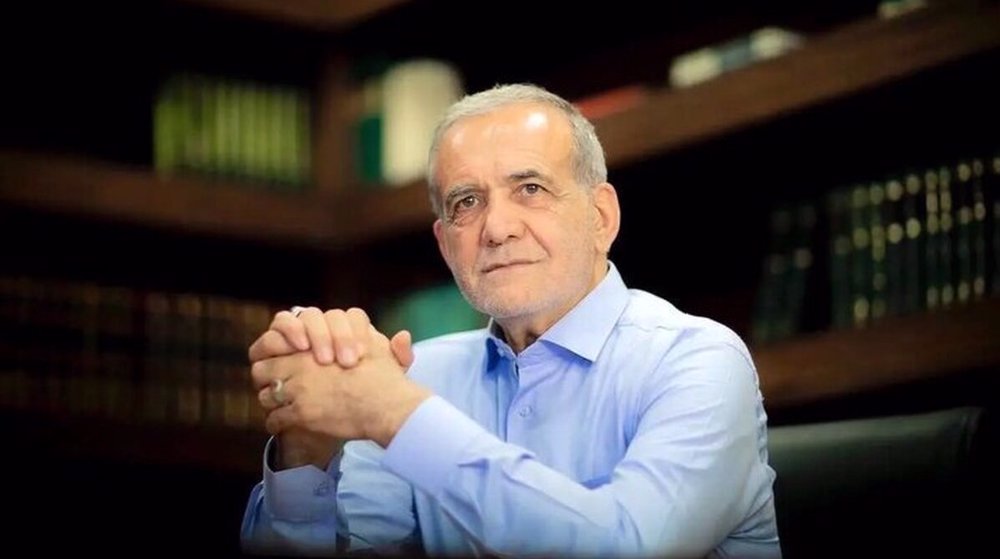(UTV | BERLIN) – Austria announced Saturday that it is tightening its partial lockdown, including by closing non-essential stores and shifting schools to online teaching, amid galloping coronavirus infection rates in the Alpine nation.
Chancellor Sebastian Kurz said the measures had become necessary because Austria has seen 550 new cases of coronavirus per 100,000 inhabitants in the past week, a level 11 times greater than what authorities said would be sustainable.
“If we don’t react massively, then there’s a great risk that the numbers will continue to rise or stay at a high level,” Kurz told reporters in Vienna. Austrian health officials are unable to trace 77% of new cases, he added.
Starting Tuesday, the country of almost 9 million inhabitants will impose a limited curfew, banning people from leaving their homes except to go to work, get essential supplies, to exercise or to help people who need assistance. The partial lockdown is set to last until Dec. 6 .
“My urgent plea for the next four weeks is: meet nobody,” Kurz said. “Every social contact is one too many.”
In addition to restaurants and leisure facilities, which have been shut for almost two weeks, authorities in Austria are ordering the closure of hairdressers, sports facilities and libraries.
Health Minister Rudolf Anschober warned that many medical workers are nearing exhaustion, saying the new infection-control measures are “the last chance to stop a collapse of the hospitals.”
His words were echoed by doctors in neighboring Germany, who have called for the government to provide greater financial assurances to hospitals so non-urgent surgeries can be postponed and staffs can concentrate on critically ill COVID patients.
A German doctors union and four medical associations said in a joint statement Saturday that unless the strain on personnel can be eased, “many intensive care units in particular will soon pass breaking point.”
Germany had more than 141 new cases of coronavirus per 100,000 inhabitants in the past week. Chancellor Angela Merkel is due to meet senior officials Monday to discuss whether existing measures imposed for the month of November are sufficient.
There has been widespread support for the restrictions in Germany, but a vocal minority – supported by far-right extremists – has staged regular protests against public health rules and regulations such as the requirement to wear masks.
Police in the central city of Frankfurt used water cannons Saturday against both the participants of an anti-mask rally and counter-protesters.



